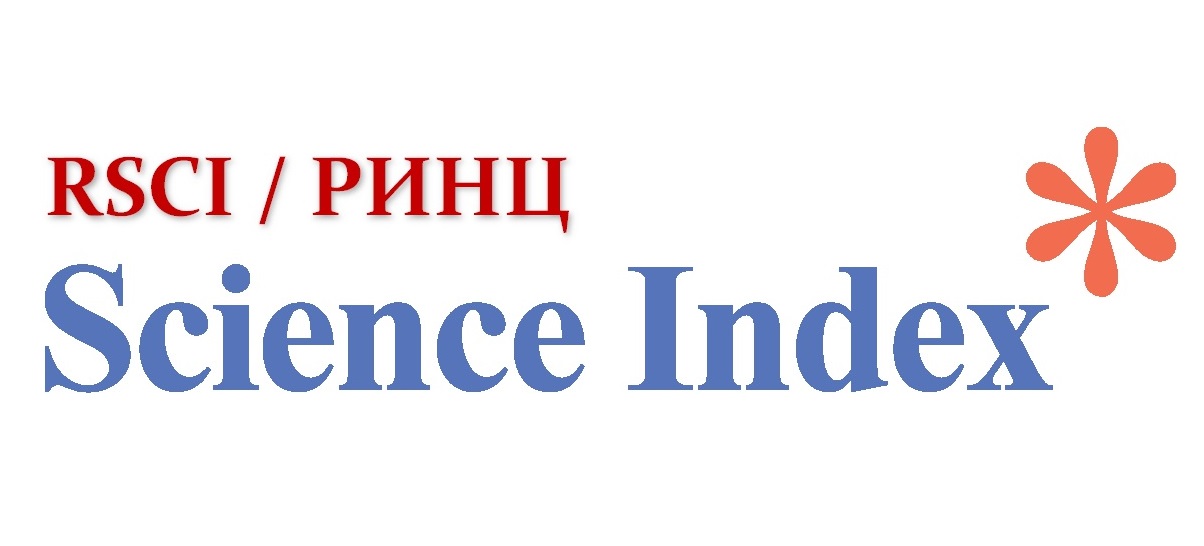An analysis of institutional mechanisms of gender equality in the field of science in the Republic of Kazakhstan
Views: 321 / PDF downloads: 189
DOI:
https://doi.org/10.32523/2789-4320-2024-3-227-244Keywords:
gender equality, science, women's opportunities, gender institutions, mechanismsAbstract
Achieving universal gender balance, including in the field of science, is increasingly recognized as an essential condition for ensuring sustainable development of countries. Kazakhstan, which has designated building a knowledge economy as one of the priorities, is taking a set of measures to eliminate gender gaps. The purpose of this article is to analyze the development of institutions that promote gender balance in the field of science. To do this, the current state of gender parity in science and education was studied on the basis of public and statistical data, the activities of formal and informal institutions were analyzed, and a comparative analysis of the development of gender institutions in Kazakhstan and foreign countries was conducted. Despite the achievement of gender parity, there remains a stereotype in the choice of specialization by women and their underrepresentation in the management of higher education institutions. The results also show that the institutional mechanisms in the field of gender policy in the country have a number of weaknesses compared to countries that have succeeded in this area. The authors make recommendations on strengthening gender education, activating the work of institutions in promoting the gender agenda, and introducing new mechanisms for implementing this policy. The conclusions of the article can be useful for further improvement of mechanisms and institutions of gender equality, especially in science.
Downloads
Downloads
Published
How to Cite
Issue
Section
License
Copyright (c) 2024 Д. Кангалакова, Н. Батталов, А. Ильяс.

This work is licensed under a Creative Commons Attribution-NonCommercial 4.0 International License.






